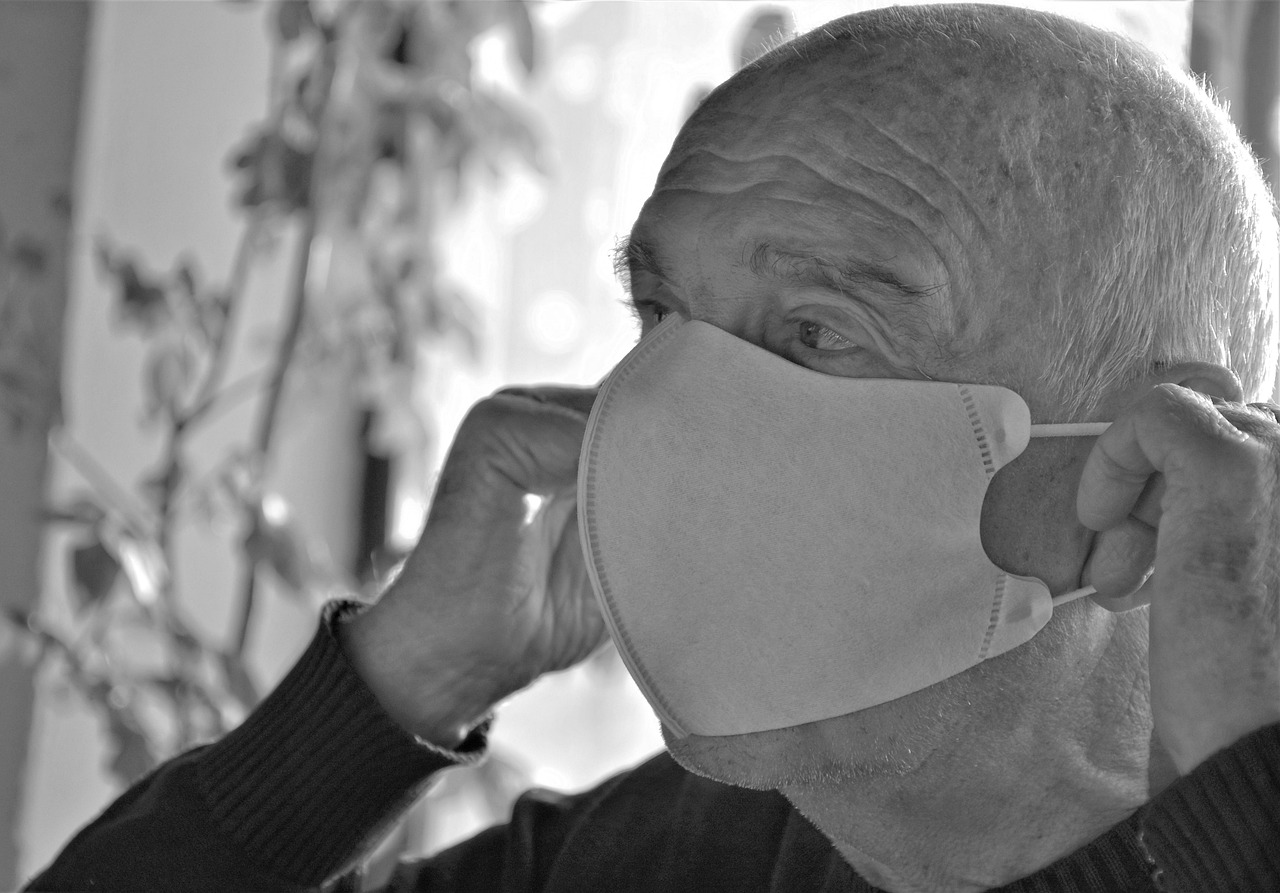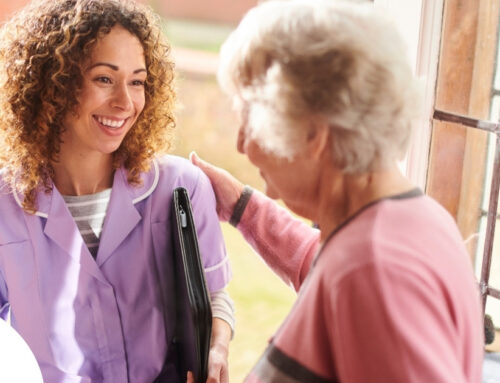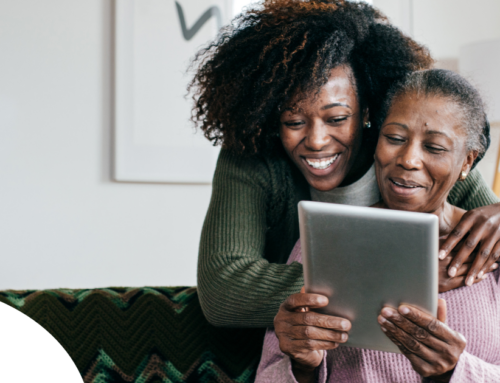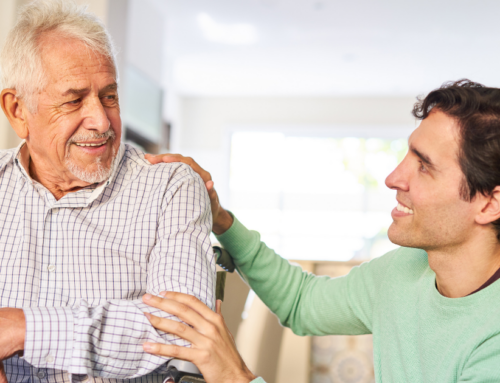The coronavirus pandemic has made it increasingly challenging to care for our aging loved ones. Older adults are especially vulnerable to COVID-19, the disease caused by the novel coronavirus. Based on the most recent research from the Centers for Disease Control and Prevention, those at the highest risk for severe illness are people 65 or older and people who live in nursing homes or at long-term care facilities. Those with underlying medical conditions—especially heart disease, lung disease, diabetes and cancer—are even more vulnerable to the infection than any other age group. Here are the best practices for keeping seniors healthy and connected during the pandemic.
Stay well
Most importantly, caretakers should take all the necessary precautions to avoid becoming infected. According to the CDC,
—Wash your hands often with soap and water for at least 20 seconds especially after you have been in a public place, or after blowing your nose, coughing or sneezing.
—Avoid crowds, and if you cough or sneeze, do so into the bend of your elbow or into a disposable tissue.
—Wear a cloth face-covering in public.
—Clean frequently touched surfaces daily. This includes tables, doorknobs, light switches, countertops, handles, desks, phones, keyboards, toilets, faucets and sinks.
Practice distancing, not social isolation
Limiting in-person visits is one effective way to lower the risk of an older family member from contracting COVID-19. That being said, that can be challenging for seniors who are used to spending time with others.
According to Psychology Today, social isolation can also lead to loneliness and depression. Physiologically, loneliness and long-term social distancing can decrease the ability to fight infection and inflammation. The stress and anxiety which loneliness causes can lead to a change in white blood cells as well, creating more issues for older adults.
Combating senior loneliness during the pandemic is difficult for many adults who are charged with caring for an aging relative. Psychology Today recommends using technology to connect with aging loved ones. Stopping by to wave while maintaining social distancing is another way to support connection during the pandemic.
Have a care plan
During the COVID-19 pandemic, having a care plan is an important part of emergency preparedness, according to the CDC. The plan should outline health conditions, medications, health care providers and emergency contacts. Experts suggest reviewing the plan with their doctor and home nurse aide.
Reliable at-home care assistance
The deadly COVID-19 virus introduced many stressors into our lives when it swept the nation. Navigating working from home and schooling children from home was unprecedented. Add on the already inherently stressful situation of caring for an aging loved one, and it is downright overwhelming for adult caregivers.
Hiring an at-home care professional can help relieve the stress. Elder Home Care is taking extra steps for servicing patients during COVID-19. Our dedicated caregivers are supplied with PPE equipment and have been well educated on how to prevent the spread.
Elder Home Care caregivers are there to lend a helping hand by shopping and running errands so seniors can avoid crowded stores. They are also there to lend a compassionate ear to sidestep loneliness. Caregivers take patients down to the water and out for walks for fresh air. They can also Facetime patients’ loved ones so they can talk.
Our office staff makes weekly calls to our patients and patient families to make sure they have everything they need. We are here to help you care for your aging loved one during the COVID-19 pandemic. Contact us.







